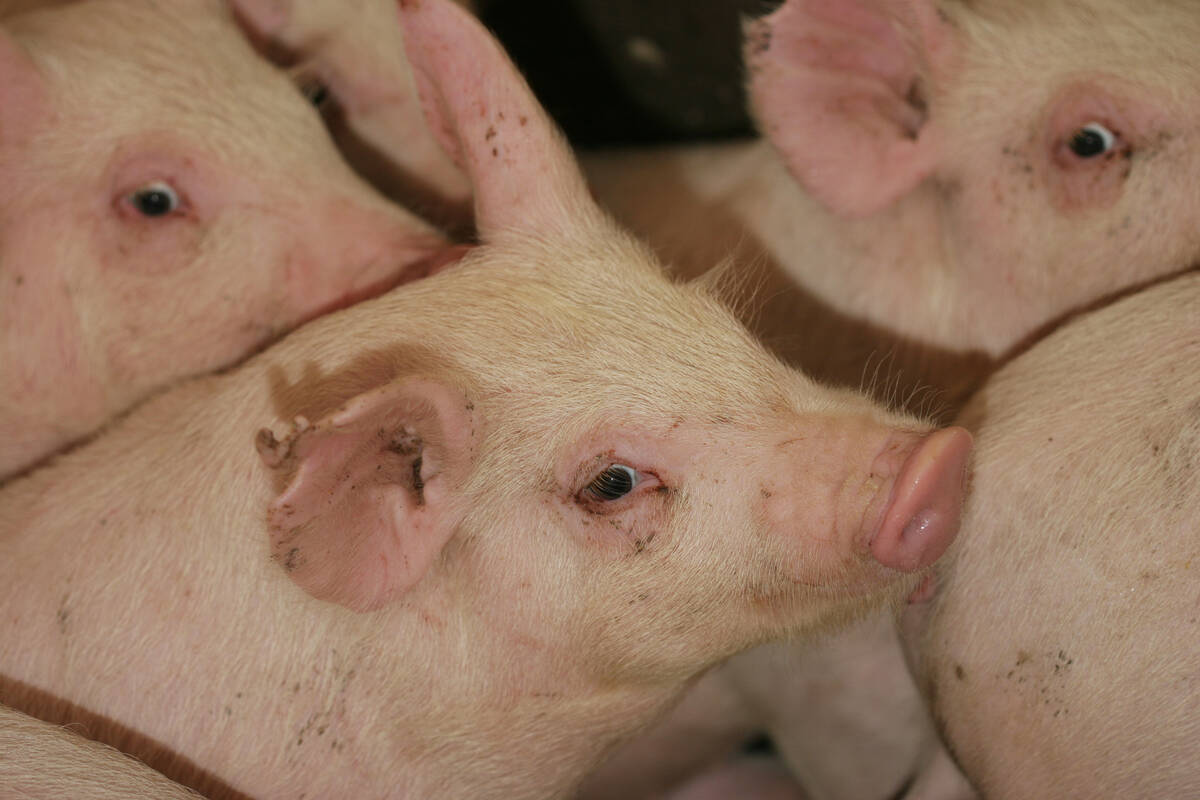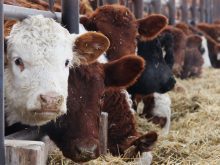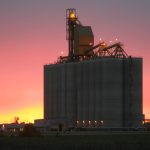RED DEER – The head of an Alberta group dedicated to promoting responsible livestock care says she has spent a “disproportionate” amount of time dealing with horse issues in the past 18 months.
Susan Church said Alberta Farm Animal Care’s (AFAC) board of directors has never complained about the time she spends working with horses.
“The board realizes what happens in the horse industry impacts the rest of the livestock industry,” Church told the Alberta Horse Breeders and Owners conference.
AFAC directors, who represent all sectors of agriculture including sheep, hogs, chicken and cattle, realize that if animal rights activists take their eyes off horses they may refocus their gaze on other animals.
Read Also

The Western Producer Livestock Report – September 25, 2025
The U.S. national live price average for barrows and gilts was $81.21 Sept. 17. It was $78.37 Sept. 9. U.S. hogs averaged $106.71 on a carcass basis Sept. 17, up from $106.10 Sept. 9.
Legislation to end horse slaughter in the United States has had a huge impact on Canada’s horse industry. The number of horses shipped from the U.S. to Canadian slaughter plants has increased and so has the attention paid to the horse industry.
Church has helped develop a way for animal handlers to deal with criticism, especially of horse slaughter plants.
“Owner neglect is the biggest problem, not going to meat plants,” Church said.
AFAC also developed the booklet Humane Handling Guidelines for Horses: Standards for the Care of Unfit Animals.
It is similar to handling and transportation guidelines developed for other livestock sectors, which spell out when animals can be safely and humanely transported to slaughter or if the animal should be humanely killed at home.
Church said she hopes other provincial animal agencies will adopt the guidelines set out by Alberta’s horse industry.
Lobbying efforts have encouraged the Canadian Food Inspection Agency to inspect all loads of horses coming to Canada rather than just those for slaughter. Many loads of horses destined for Canadian slaughter plants aren’t identified as slaughter animals.
Church said interested organizations have formed the Horse Welfare Alliance of Canada to advocate the humane treatment of horses, but they also recognize the need for humane end-of-life slaughter.
“The key message is humane treatment is key and horse plants offer a humane end of life.”
She said horror stories are becoming routine in the U.S. about dead or dying horses abandoned on roads because slaughter plants have closed and owners can no longer afford to care for them.
“In these difficult economic times we’ve seen continued horse neglect and abandonment.”
Church said some Americans are beginning to realize closing slaughter plants was a mistake, but she’s not convinced they’ll be reopened. It’s possible the government will pass new legislation to stop the transport of meat animals to slaughter plants, she added.
Continued pressure by animal rights activists to eliminate all horse slaughter plants means there is a continued need for research to find the best way to raise, handle, transport and slaughter horses.
“We have to continue fixing what needs to be fixed.”














